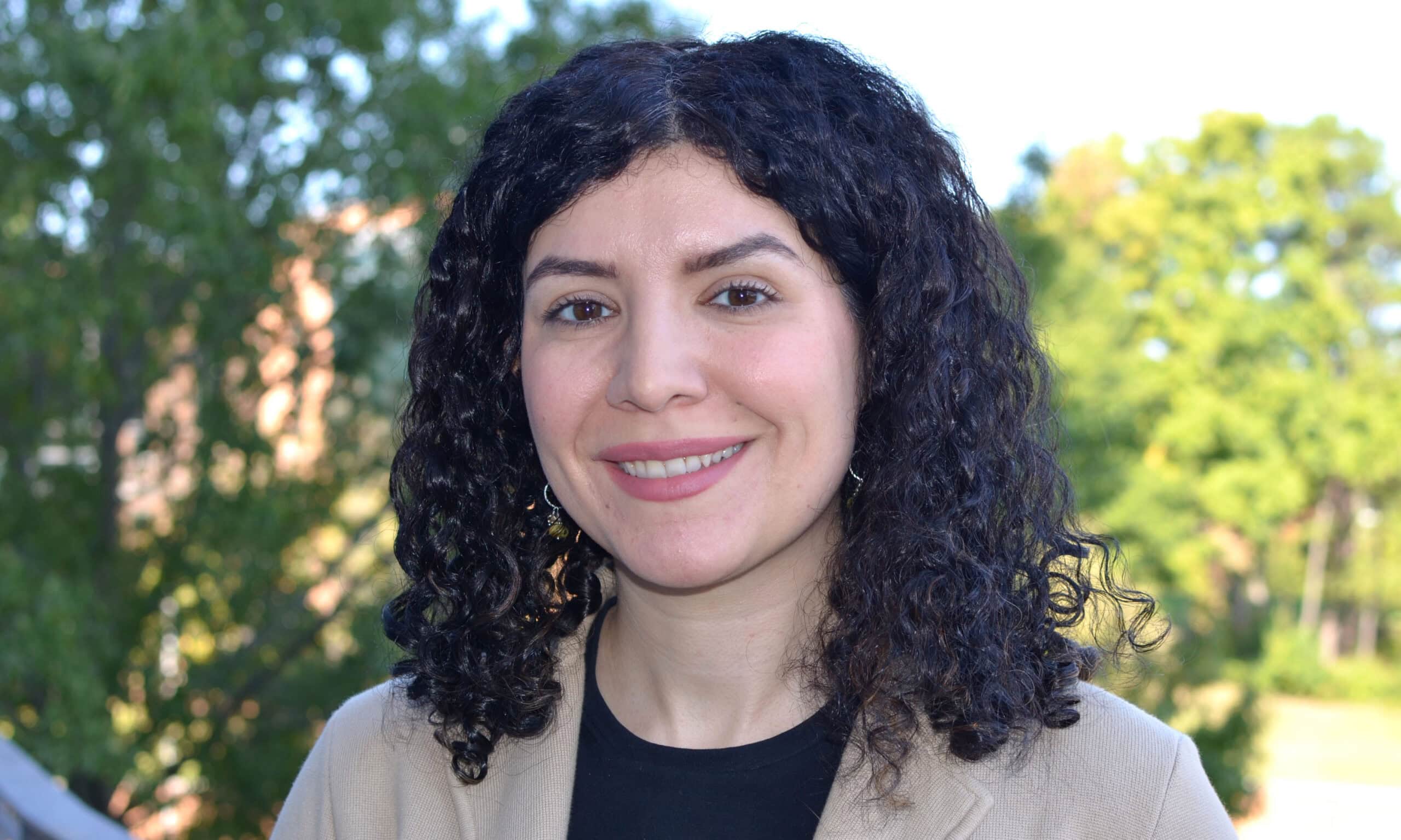College of Public Health Researcher Leads Project to Address Diabetes Management and Education
| Mandana Rezaeiahari, Ph.D., assistant professor in the University of Arkansas for Medical Sciences (UAMS) Fay W. Boozman College of Public Health Department of Health Policy and Management, received a grant to study diabetes self-management and education for individuals diagnosed with Type 2 diabetes.
The National Institute of Diabetes and Digestive and Kidney Diseases is funding Rezaeiahari’s project, “Understanding Utilization of Diabetes Self-Management Education and Support Using Social Network Analysis.” The organization is providing $623,150 for the study, which launched in September and will continue until April 2028.
The project aims to provide a foundation that could potentially enhance self-management education referral habits among providers. Additionally, the study could help bridge the diabetes knowledge gap between provider and patient.
“Providers play a crucial role in influencing patient participation in diabetes education,” Rezaeiahari said. “Understanding their practice patterns regarding diabetes management is essential.
“Diabetes self-management education and support reduce mortality risk and significantly lowers A1C levels in adults with Type 2 diabetes,” she said. “Despite the proven benefits, education and support use remains low with only a small fraction of patients receiving it within a year of being diagnosed with diabetes.”
Past research suggests that systemic inequities in health coverage are a likely factor in diabetes management and education lacking for many patients.
Therefore, diffusion of innovations — which is the manner and speed in which information about a product or development spreads through a specific population — and social networks are key cogs in the study. According to Rezaeiahari, the research team will use diffusion of innovations and social networks to examine whether patient-sharing relationships among providers in Arkansas are linked to the sparse use of diabetes education.
Rezaeiahari will also research health insurance claims data from 2013 to 2020 for this study.
Overall, the findings will provide the basis for identifying providers who can promote diabetes self-management education and support amongst other Type 2 diabetes providers.
Identifying system factors to improve diabetes care and treatment in Arkansas is important to Rezaeiahari. “Identifying barriers to accessing diabetes education and understanding the variations in practice patterns among providers treating patients with Type 2 diabetes is essential.” Rezaeiahari said. “These insights can inform the design of interventions aimed at expanding diabetes education in Arkansas.”
